Dr. Deon Canyon has become the newest faculty member at the Daniel K. Inouye Asia-Pacific Center for Security Studies.
Canyon brings to the Center knowledge in crisis management, humanitarian action and disaster risk reduction with a particular emphasis on public health issues, to include vector-borne diseases and bioterrorism. He has extensive experience as a scholar and professor, serving most recently with the University of Hawaii, and Curtin and James Cook Universities in Australia, where he focused on global health protection and health security.
The addition of Canyon to the faculty is a plus for the Center in the crisis management arena based on his connections with what he called key crisis scholars. “Scholars in sectors, such as public administration or business, are often at the cutting edge of crises management and have strategies or lessons learned — how they’re analyzing crises and suggesting how they should be approached. I hope to add depth to a talented faculty that already has considerable breadth and experience.”
As a faculty member, he will lead plenary topical discussions, conduct elective courses and serve as a seminar facilitator in resident courses and regional workshops. His work will enhance the leadership and problem solving skills of security practitioners throughout the Asia-Pacific region, but especially in Oceania, with the objective of improving regional governance.
His education background includes a doctor of business administration from the University of Western Australia, and a Ph.D. in health security and master of public health from James Cook University.
Canyon is a Life Fellow of the Australasian College of Tropical Medicine and has published over 110 peer-reviewed journal articles, book chapters, conference papers and books, and delivered 35 conference presentations. In addition to reviewing for over 40 journals, Canyon served as the editor-in-chief for the Journal of Rural and Tropical Public Health and serves on the editorial boards of the Journal of Global Health Systems and Leadership in Health Services.
Canyon joins a faculty team that builds greater understanding of the socio-economic, political, defense, health and environmental issues impacting the region’s security structure. They also promote multilateral cooperation in addressing issues that are often transnational in scope.
The Center is the educator’s first position with a military education organization. He related, “I was a little dubious in the beginning thinking about going to a place that wasn’t a university, but I’ve been nothing but impressed by the way DKI APCSS functions.”
DKI APCSS is a Department of Defense institute that addresses regional and global security issues. Military and civilian representatives, most from the United States and Asia-Pacific nations, participate in a comprehensive program of executive education, professional exchanges and outreach events, both in Hawaii and throughout the Asia-Pacific region.
The Center supports U.S. Pacific Command by developing and sustaining relationships among security practitioners and national security establishments throughout the region. APCSS’ mission is to build capacities and communities of interest by educating, connecting and empowering security practitioners to advance Asia-Pacific security. It is one of the Department of Defense’s five regional security studies centers.
-END-


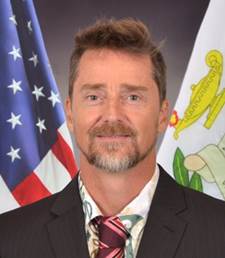
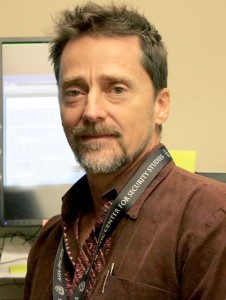
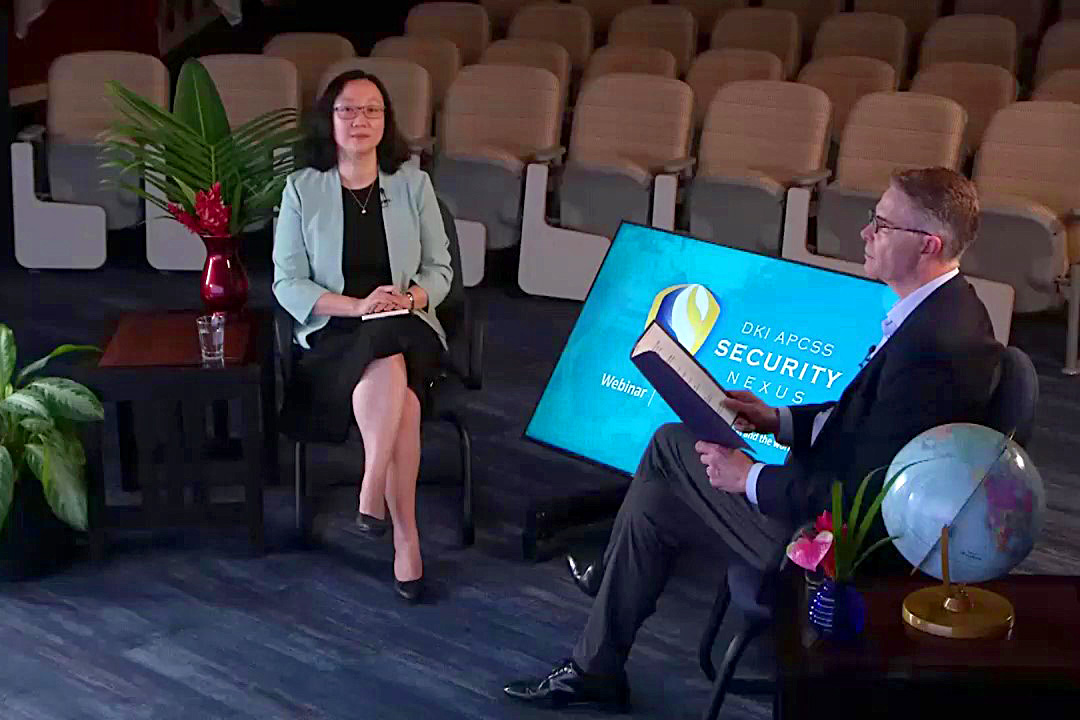
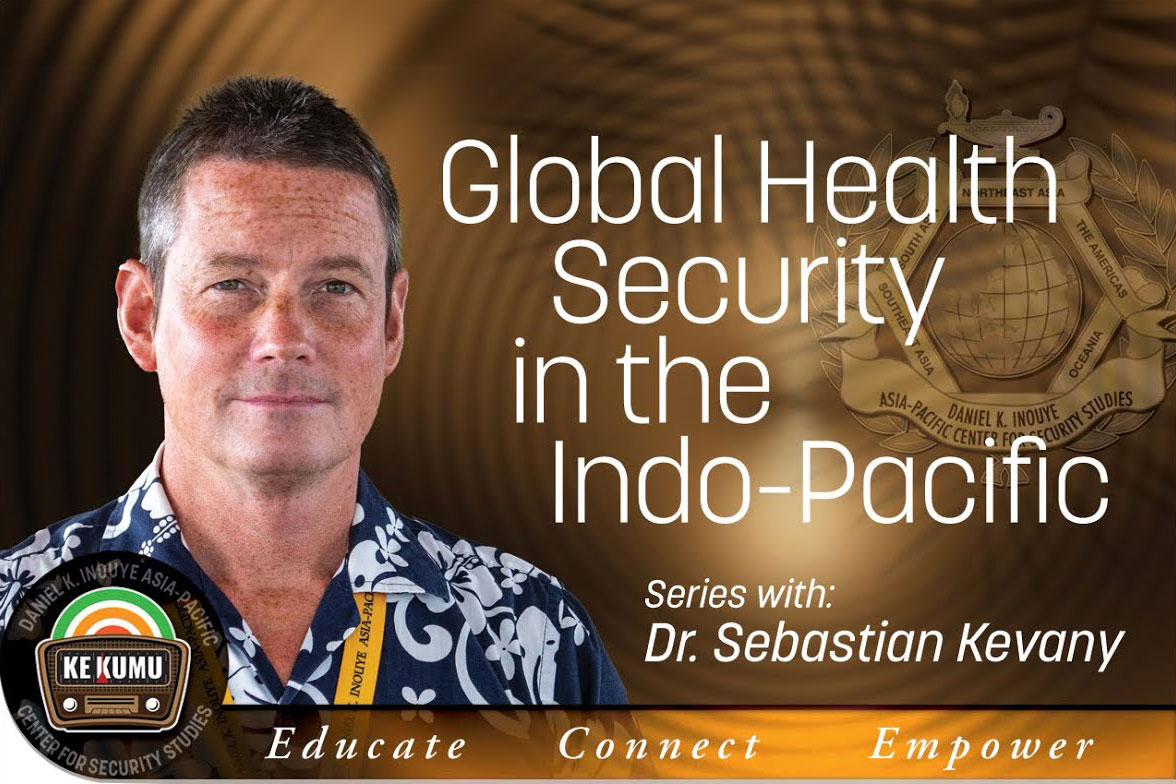
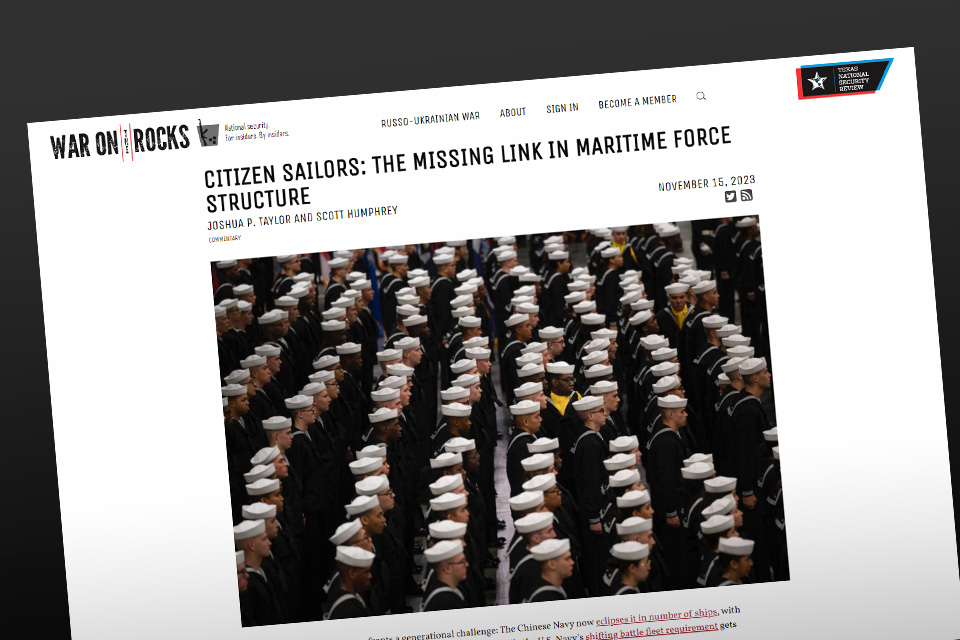




Congratulations Dr. Deon Canyon for being appointed as new Faculty Member at DKI APCSS.